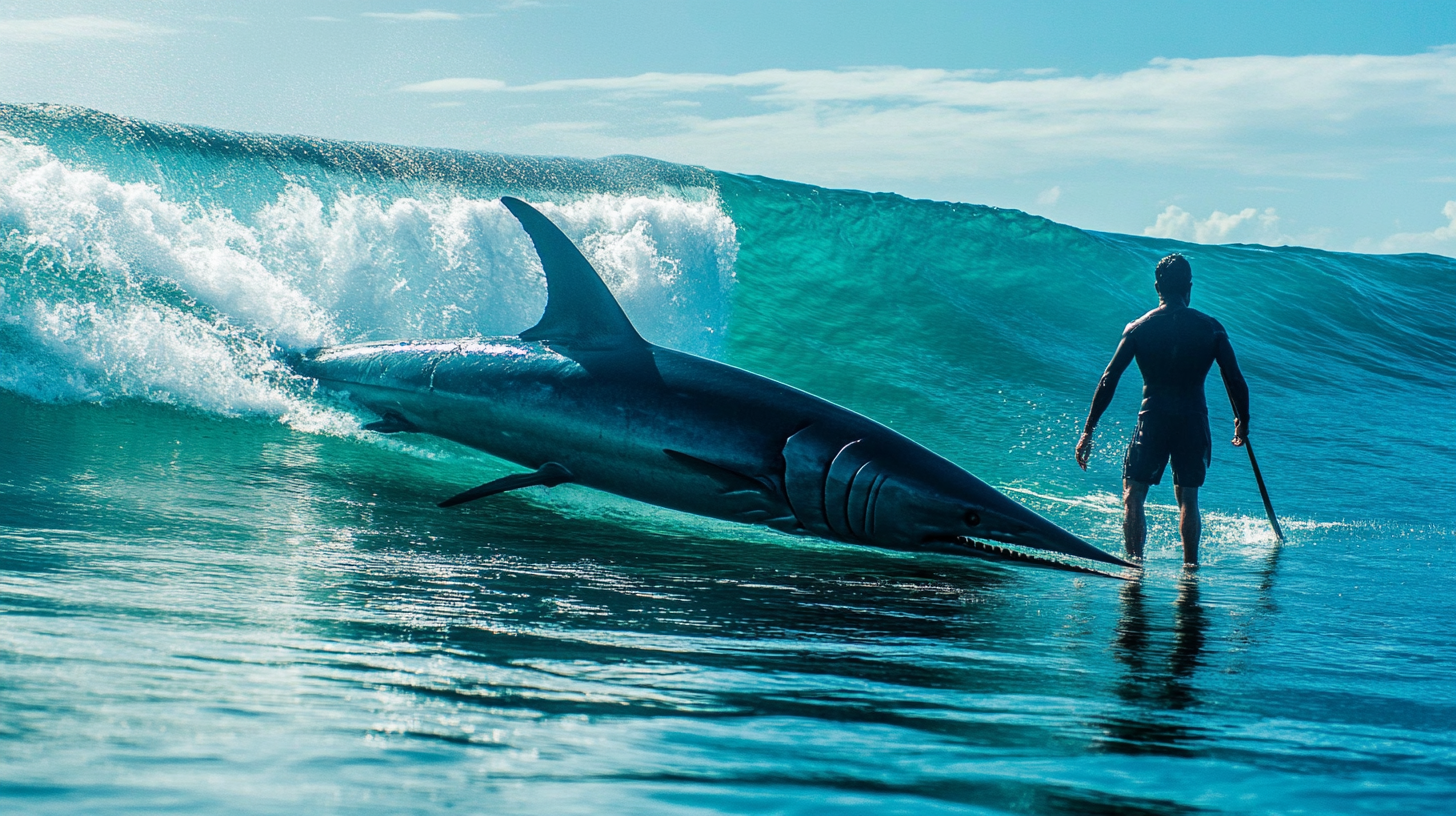

Overview of sensitive content
When discussing sensitive content, particularly in the context of surfing, it’s important to recognize that certain topics may evoke strong emotional responses or involve personal, cultural, or environmental sensitivities. For example, stories about accidents, fatalities, or environmental degradation in popular surf spots can be distressing for readers, especially those closely connected to the surfing community. Additionally, some content may touch on Indigenous land rights or the cultural significance of certain coastal areas, which requires careful handling to avoid misrepresentation or disrespect.
In Australia, surfing is not just a sport but a deeply ingrained part of the coastal lifestyle, with many communities holding strong ties to their local beaches. As such, content that involves these communities, their traditions, or their struggles—whether environmental or social—must be approached with a high degree of sensitivity. This is particularly true when discussing issues like coastal erosion, pollution, or the impact of tourism on local ecosystems, as these topics can affect livelihoods and the natural beauty that surfers cherish.
Moreover, personal stories of loss or injury in the surfing world, while important to share for awareness, must be handled with care to avoid sensationalism or causing unnecessary distress. The goal should always be to inform and educate while maintaining respect for those involved.
Ethical considerations in rewriting
When considering the ethical implications of rewriting sensitive content, especially in the context of surfing, it’s crucial to balance the need for accurate information with the responsibility to protect individuals and communities from harm. In Australia, where surfing is not only a popular pastime but also a cultural cornerstone, the stakes are particularly high. Writers and content creators must be mindful of how their words can impact readers, especially when dealing with topics that touch on personal tragedy, environmental degradation, or cultural heritage.
One of the primary ethical concerns is the potential for misrepresentation. When rewriting content that involves sensitive issues—such as accidents at surf spots, the destruction of marine ecosystems, or the cultural significance of certain beaches to Indigenous communities—there is a risk of distorting the original message or omitting crucial context. This can lead to misunderstandings or, worse, perpetuate harmful stereotypes or misinformation. For instance, rewriting a story about a fatal shark attack without acknowledging the broader context of marine conservation efforts could sensationalise the event and contribute to unnecessary fear or hostility towards wildlife.
Another ethical consideration is the potential for retraumatisation. When recounting stories of personal loss, injury, or environmental devastation, it’s important to remember that those directly affected may still be processing their experiences. Rewriting such content without sensitivity to the emotional weight it carries can reopen wounds for individuals or communities. In the surfing world, where many people feel a deep connection to the ocean and their local surf spots, this is particularly relevant. Writers must tread carefully to ensure that their work does not exploit or trivialise the pain of others for the sake of clicks or engagement.
Additionally, there is the issue of consent. When rewriting content that involves personal stories or culturally significant information, it’s essential to consider whether the original subjects have given their permission for their experiences to be shared or reinterpreted. This is especially important when dealing with Indigenous communities, whose cultural knowledge and traditions are often passed down orally and may not be intended for public consumption. In Australia, where many coastal areas hold deep spiritual significance for Aboriginal and Torres Strait Islander peoples, it’s vital to approach these topics with respect and seek guidance from community leaders where appropriate.
Ultimately, the ethical responsibility of rewriting sensitive content lies in maintaining the integrity of the original message while ensuring that the new version does not cause harm. This requires a careful balance between providing valuable information to the audience and respecting the individuals and communities involved. In the context of surfing, where the stakes often involve both personal and environmental well-being, this balance is particularly delicate.
Alternative ways to assist
When it comes to assisting with sensitive content without rewriting it, there are several alternative approaches that can be both respectful and effective. One of the most straightforward ways is to offer a summary of the content, focusing on the key points without delving into the more distressing or controversial details. This allows readers to stay informed without being exposed to potentially triggering material. For example, if the original content involves a tragic surfing accident, a summary could highlight the safety measures that are being discussed in response, rather than focusing on the specifics of the incident itself.
Another option is to provide additional context or background information that helps readers understand the broader issues at play. In the case of environmental concerns, such as coastal erosion or pollution at popular surf spots, offering insights into the scientific research or community efforts aimed at addressing these problems can shift the focus from the negative aspects to the solutions being pursued. This not only educates the audience but also empowers them to take action, whether through advocacy, volunteering, or simply being more mindful of their own impact on the environment.
For content that touches on cultural sensitivities, particularly in relation to Indigenous land rights or the spiritual significance of certain coastal areas, it may be helpful to consult with experts or community leaders who can provide guidance on how to approach the topic respectfully. In Australia, where many surf spots are located on land with deep cultural ties to Aboriginal and Torres Strait Islander peoples, it’s crucial to ensure that any discussion of these areas is done with permission and in a way that honours their significance. Rather than rewriting the content, you could offer a platform for Indigenous voices to share their perspectives directly, ensuring that their stories are told in their own words.
Additionally, offering resources or links to further reading can be a valuable way to assist without altering the original content. For instance, if the topic involves mental health challenges faced by surfers, providing links to support services or organisations that specialise in mental health within the surfing community can offer practical help to those who may be struggling. This approach allows the content to remain intact while still offering readers a way to engage with the issue in a constructive and supportive manner.
It’s important to remember that sometimes the best way to assist is simply by listening. If the content involves personal stories of loss, injury, or cultural significance, offering a space for those affected to share their experiences in their own time and on their own terms can be far more powerful than attempting to rewrite or reinterpret their words. In the surfing community, where bonds are often forged through shared experiences in the water, creating a space for open dialogue and mutual support can be a meaningful way to honour those stories without causing further harm.
Handling sensitive information responsibly
Mate, when it comes to handling sensitive info, it’s like catching a gnarly wave—you’ve got to respect it, or you’ll wipe out hard. Whether you’re dealing with personal details, financial data, or anything that could put someone at risk, the key is to keep it tight and secure. No one wants their private stuff floating around like a lost surfboard in the lineup.
First off, don’t go sharing sensitive info unless it’s absolutely necessary. Think of it like your secret fishing spot—only tell the people who need to know, and even then, make sure they’re trustworthy. If you’re storing it, lock it down with strong passwords and encryption, like keeping your best surfboard in a locked shed. And if you’re done with it, don’t just toss it in the bin—shred it, delete it, or burn it like you’re getting rid of last season’s wetsuit.
Also, be mindful of where you’re sharing this info. Public Wi-Fi? Nah, mate. That’s like paddling out into shark-infested waters. Stick to secure networks, and if you’re sending something sensitive, use encrypted channels. It’s all about keeping things safe and sound, just like you would with your gear before a big surf trip.
At the end of the day, handling sensitive info is about respect—respect for the people involved and for the potential risks. Treat it like you would your favourite surf break: with care, caution, and a bit of common sense.
Offering alternative support options
Alright, so if you can’t share sensitive info, no worries—there are still plenty of ways to help out without spilling the beans. Think of it like when the surf’s flat, but you still want to get out there and do something. You can always offer advice, point people in the right direction, or even share some general tips without giving away the secret sauce.
For example, if someone’s asking for help with something that’s a bit too personal or risky to share, you can guide them towards resources that are better equipped to handle it. It’s like telling a mate where to find the best bait shop instead of just handing over your prized fishing lures. You’re still helping, but you’re not giving away anything you shouldn’t.
Another option is to offer support in a more general way. Maybe you can’t give specific advice, but you can still share your own experiences or point out common pitfalls. It’s like teaching someone how to read the waves instead of just telling them where the best break is. They’ll learn more in the long run, and you’re not putting anyone at risk.
And hey, if all else fails, sometimes the best thing you can do is just listen. People don’t always need a solution—they just need someone to hear them out. It’s like when you’re out on the water with your mates, and you’re just sitting there, waiting for the next set. You’re not doing much, but you’re still there, and that can make all the difference.
So, even if you can’t share sensitive info, there’s always a way to help. You just have to get a bit creative, like finding a new surf spot when your usual break’s too crowded. Keep it chill, keep it safe, and you’ll still be making a difference.

